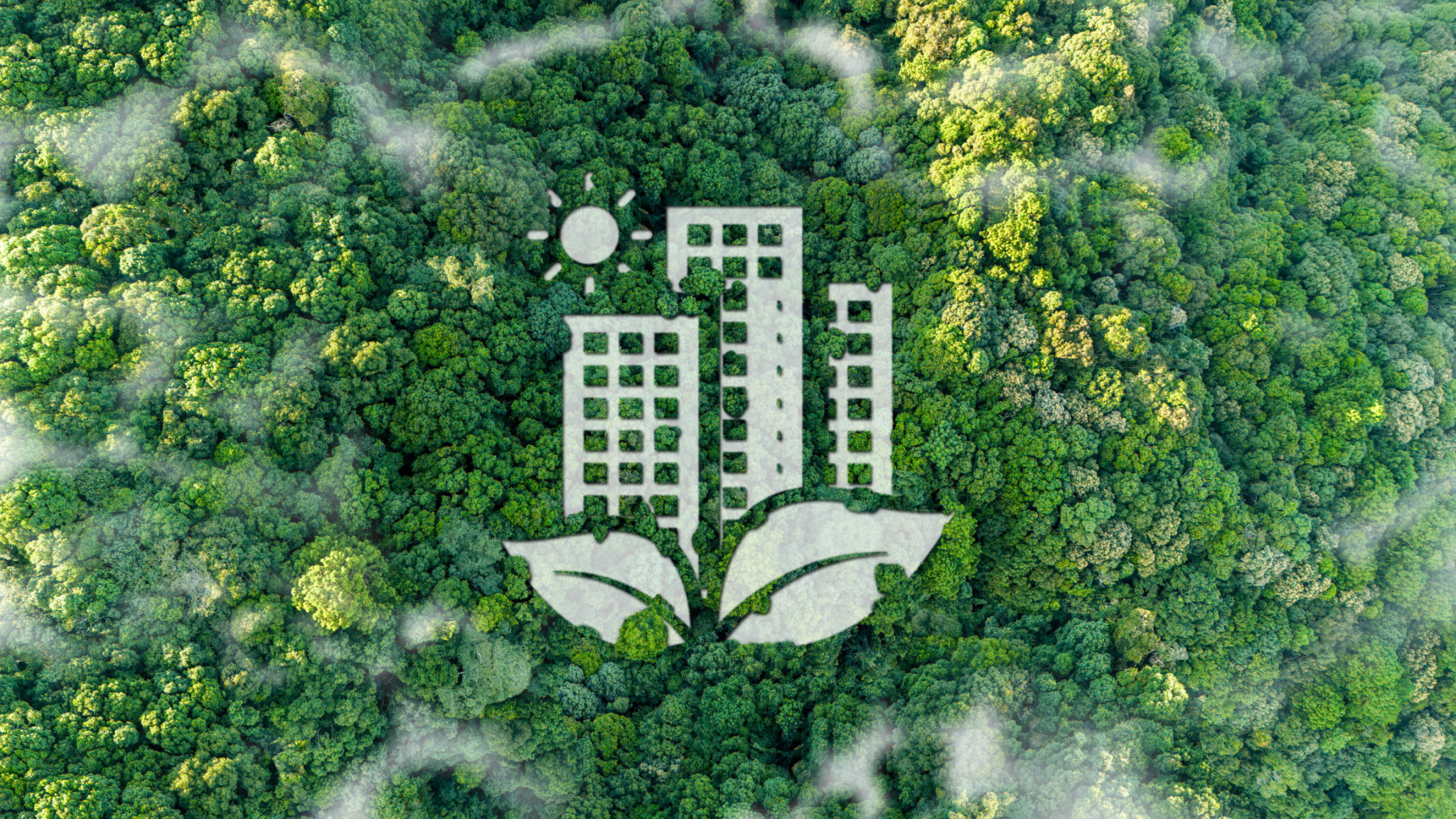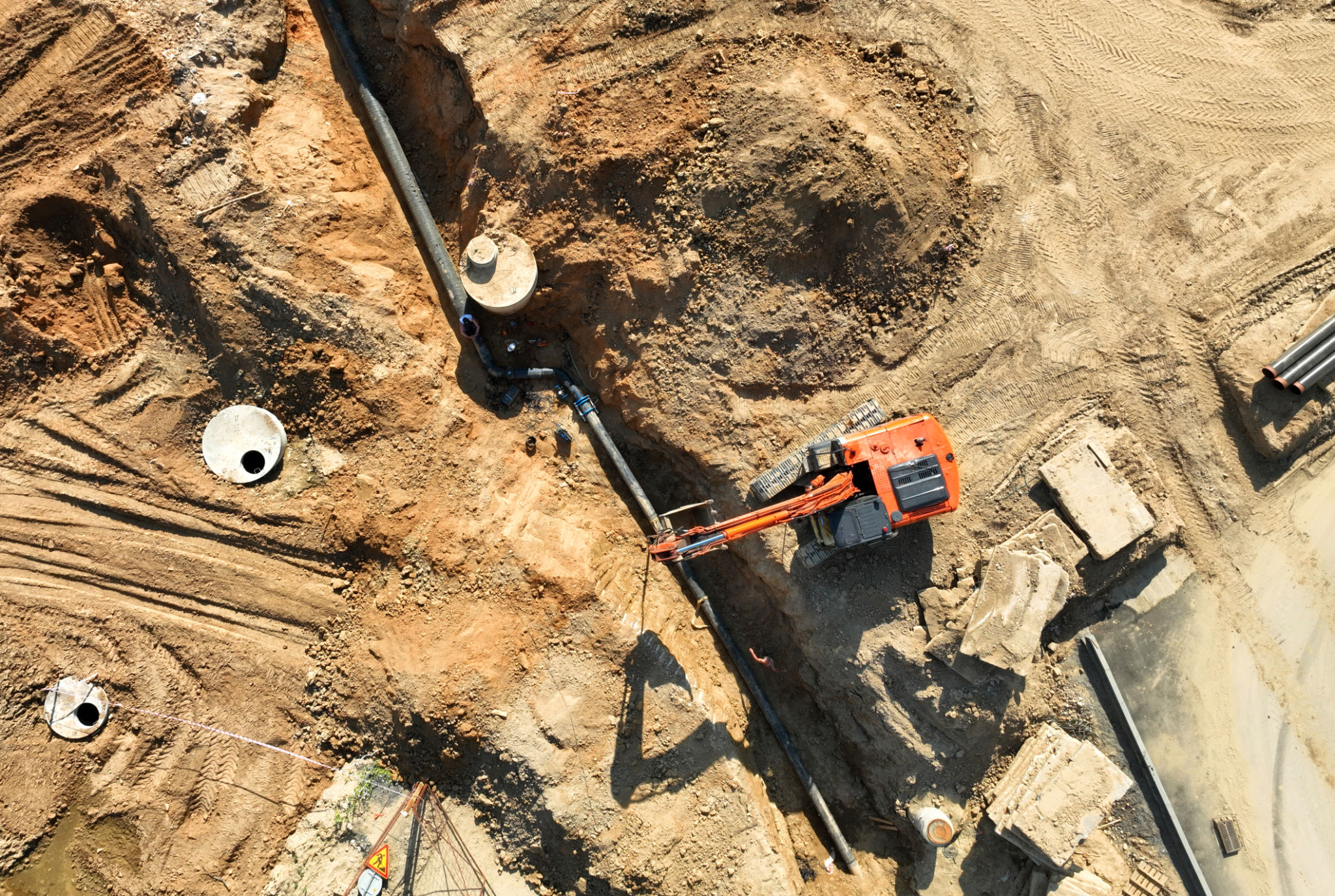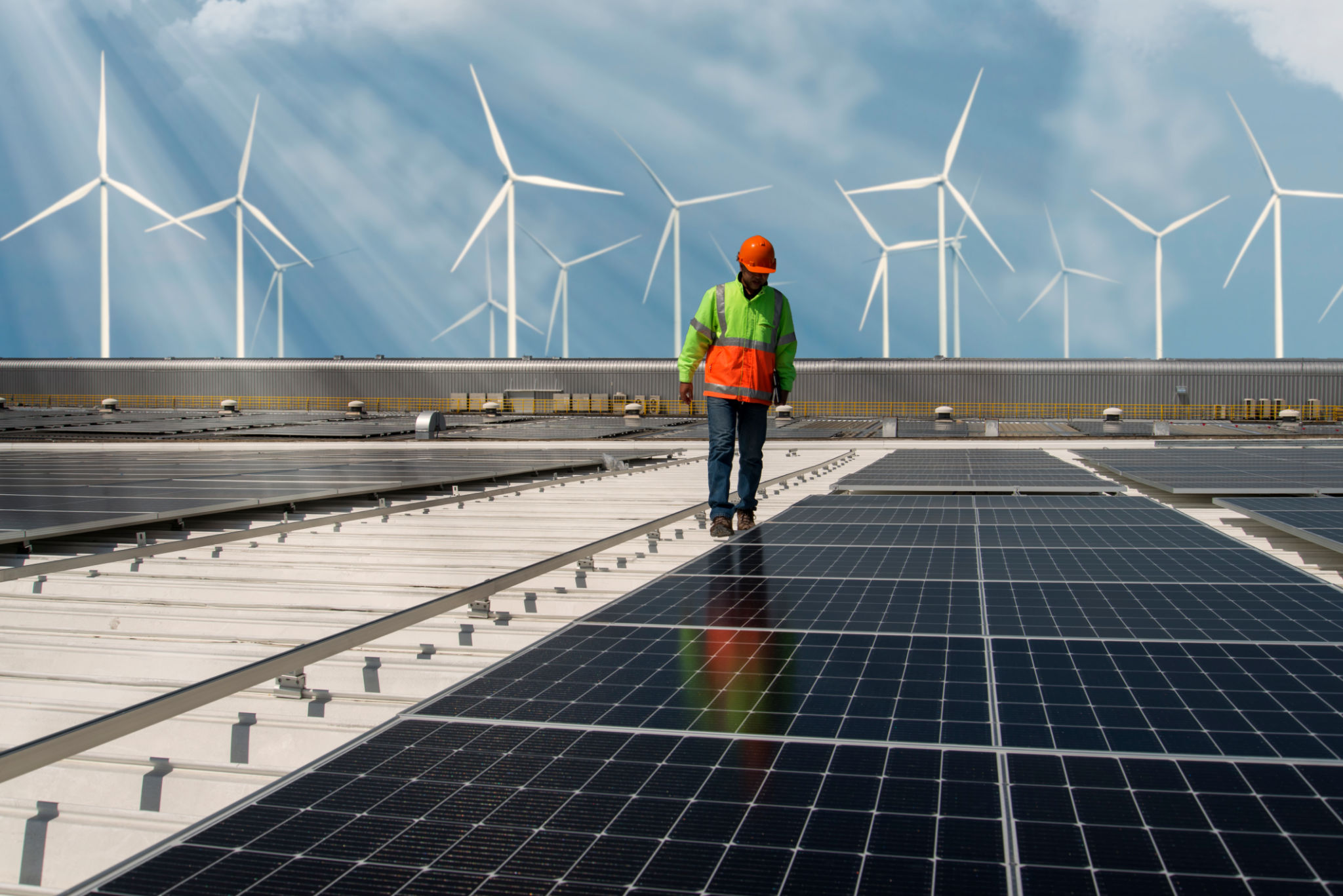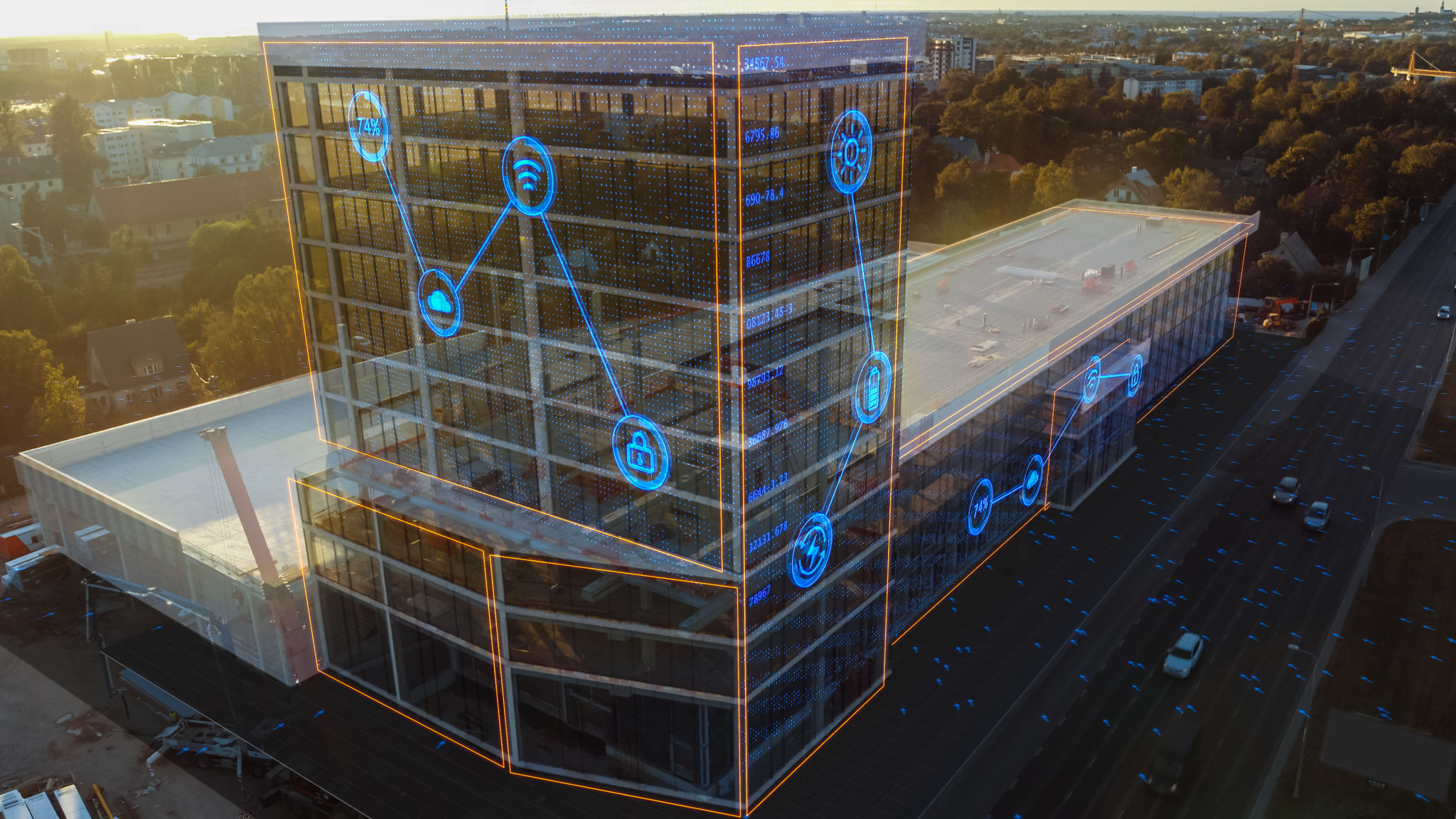Expert Tips for Sustainable Construction Practices
Understanding Sustainable Construction
As the demand for environmentally friendly practices grows, the construction industry is increasingly focusing on sustainable methods. Sustainable construction aims to minimize environmental impact, reduce waste, and promote the efficient use of resources. By implementing sustainable practices, the industry not only contributes to environmental protection but also enhances building performance and occupant well-being.
One of the core principles of sustainable construction is reducing energy consumption. This can be achieved through the use of energy-efficient materials, smart building designs, and technologies that optimize energy use. Additionally, sustainable construction practices often involve sourcing materials locally to reduce transportation emissions and support local economies.

Innovative Building Materials
The choice of building materials plays a crucial role in sustainable construction. Materials that are renewable, recyclable, or have a low environmental impact are preferred. Some popular sustainable materials include bamboo, recycled steel, and reclaimed wood. These materials not only reduce the carbon footprint but also contribute to healthier indoor environments.
Using recycled materials is another effective strategy for sustainable construction. For instance, recycled concrete and steel can significantly reduce the need for new resources. By incorporating these materials into building projects, construction companies can decrease waste and lower overall costs.

Efficient Water Management
Water conservation is a vital aspect of sustainable construction. Implementing water-efficient fixtures and systems, such as low-flow toilets and rainwater harvesting systems, can drastically reduce water usage. Additionally, landscape design that incorporates drought-resistant plants can further minimize water consumption.
Another approach to efficient water management is the use of greywater systems. These systems recycle water from sinks, showers, and laundry for non-potable uses like irrigation and toilet flushing. By reusing water in this way, buildings can significantly reduce their overall water footprint.

Embracing Renewable Energy
Integrating renewable energy sources into building designs is a key component of sustainable construction. Solar panels and wind turbines are popular options that can provide clean energy to buildings, reducing reliance on fossil fuels. Additionally, geothermal systems offer an efficient way to heat and cool buildings by harnessing the earth's natural temperature.
The use of renewable energy not only contributes to lower operational costs but also minimizes greenhouse gas emissions. This shift towards clean energy is essential for reducing the overall environmental impact of the construction industry.

Implementing Green Building Certifications
Green building certifications, such as LEED (Leadership in Energy and Environmental Design), BREEAM (Building Research Establishment Environmental Assessment Method), and WELL Building Standard, provide frameworks for evaluating and improving the sustainability of buildings. These certifications encourage builders to adopt eco-friendly practices and achieve high standards of environmental performance.
By pursuing green certifications, construction companies can demonstrate their commitment to sustainability and differentiate themselves in a competitive market. Certified buildings often enjoy higher tenant satisfaction and increased property value.

The Role of Technology in Sustainable Construction
Technology plays a crucial role in advancing sustainable construction practices. Building Information Modeling (BIM) is widely used to enhance design accuracy, improve resource management, and minimize waste. By providing detailed 3D models of buildings, BIM facilitates better decision-making throughout the construction process.
Moreover, smart building technologies that automate lighting, heating, and cooling systems can optimize energy usage and enhance occupant comfort. These technologies are instrumental in achieving sustainability goals while reducing operational costs.

